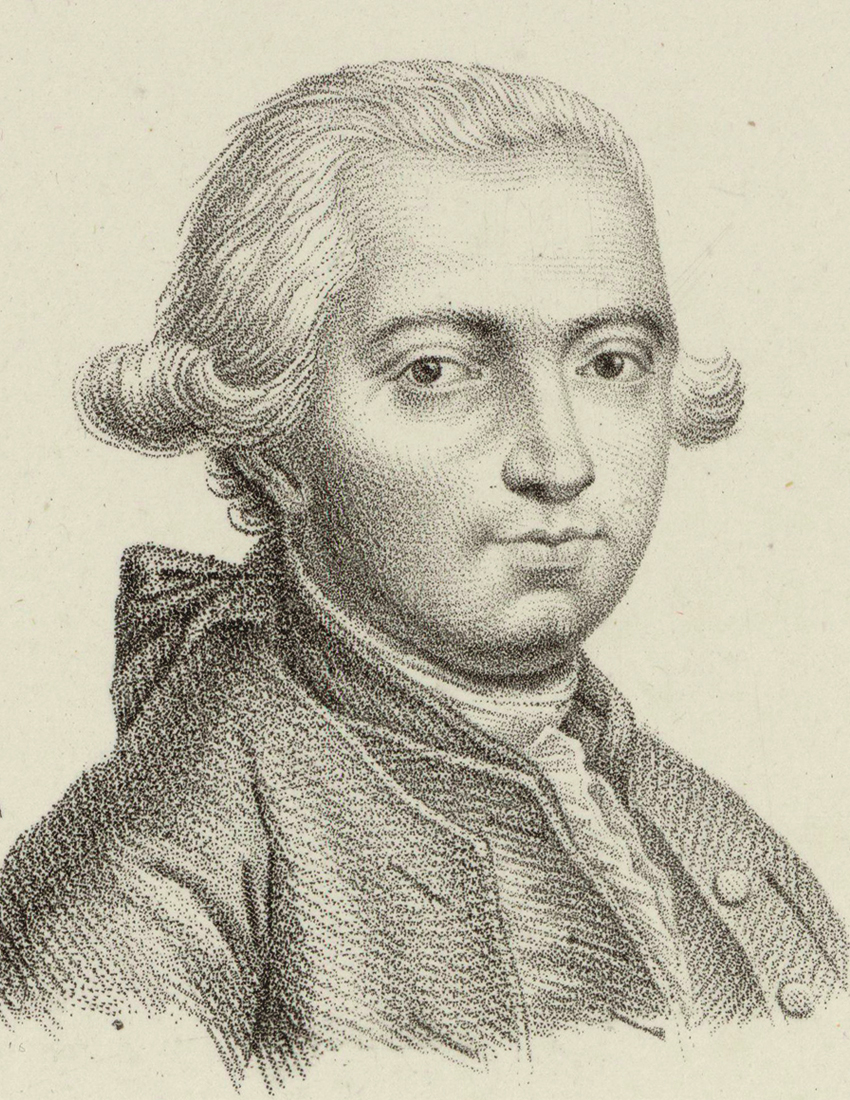Born: April 12, 1716, Turin, Italy.
Died: June 8, 1796, Moscow, Russia.
Felice de Giardini

Hymns by Felice de Giardini
The Italian Virtuoso Who Brought Us Timeless Hymns
Born in Turin, Italy in 1716, Felice de Giardini displayed prodigious talent on the violin from a young age. His nimble fingers danced across the strings with a skill that seemed almost otherworldly, prompting his father to send the young prodigy to Milan for further studies. There, Giardini honed his craft in singing, harpsichord, and violin, but it was the latter that would become his claim to fame.
By 12, Giardini was already weaving his magic in theatre orchestras. A fateful incident during this time would shape his future approach to music. While serving as assistant concertmaster during an opera, the young virtuoso decided to showcase his skills by improvising several bravura variations on a solo passage. The audience was enthralled, but the composer, Niccolò Jommelli, was less than pleased. In a moment of passionate frustration, Jommelli stood up and delivered a stinging slap to the young man’s face. Years later, Giardini would reflect on this moment with surprising gratitude, remarking: “It was the most instructive lesson I ever received from a great artist.”
But it was in England where Giardini truly set the musical world ablaze. He settled there in the 1750s, quickly becoming the most celebrated performing artist of his day. As leader and director of the Italian Opera in London, Giardini’s virtuosic performances didn’t just dazzle audiences; they transported them to realms of pure musical joy.
A Friendship Forged in Music
During his time in London, Giardini formed a close bond with none other than J.C. Bach, the youngest son of the great Johann Sebastian Bach. The two musical luminaries collaborated frequently, with Giardini performing solo concerts under Bach’s auspices. Their friendship was a meeting of kindred spirits, two artists at the height of their powers, united by a shared love of music.
A Legacy Etched in Hymns
Though Giardini was a prolific composer, penning works for opera, chamber ensembles, and more, it is perhaps his enduring hymn tunes for which he is best remembered today. “Come, Thou Almighty King” and “Thou Whose Almighty Word” are still sung in churches around the world, their soaring melodies a testament to Giardini’s genius.
A Tragic Coda
Sadly, Giardini’s story does not have a happy ending. As German influences began to dominate the British musical scene in the late 18th century, the Italian maestro found himself pushed to the margins of a world he once commanded. In 1784, he returned to Naples to run a theatre, but encountered financial setbacks that threatened to silence his music forever. He returned to England in 1793, hoping to rekindle the flames of his former glory, but it was not to be. Forgotten by the public that had once adored him, Giardini made a final, desperate journey to Russia, where he died in Moscow in 1796, reportedly “in great wretchedness and poverty.”\
Yet even in the face of this tragic end, Giardini’s legacy endures like a beautifully sustained note. Every time voices are raised in worship, singing the timeless hymns he crafted, his spirit resonates anew. Through his music, he continues to inspire and uplift, a reminder of the power of art to transcend time, touch the soul, and turn even life’s harshest lessons into melodies of enduring beauty.

